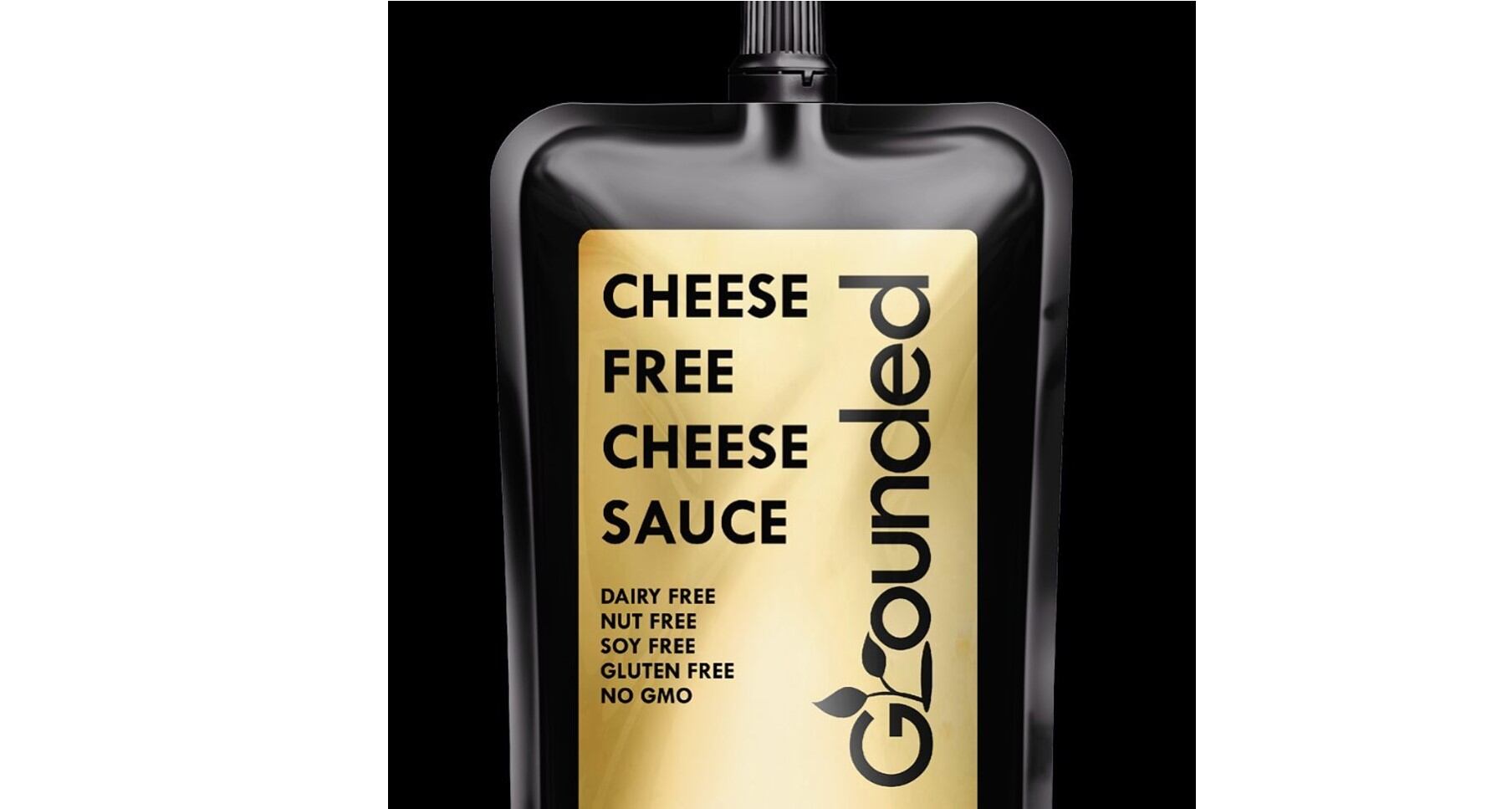The discussion was held during the fourth and final FoodNavigator-Asia Unlocking Innovation Online Series webinar, on the topic of ‘Preventive Health, Wellness and Nutrition’. (Listen on demand here)
The five-person panel consisted of Anke Sentko, Vice President Regulatory Affairs & Nutrition Communication at BENEO Institute, Mihir Joshi, Marketing Manager at DuPont Nutrition and Biosciences, Dr Yun Zhan You, Assistant President at Yili Group, Dr Jeya Henry, Director at Clinical Nutrition Research Centre (CNRC), and Shane Landon, Nutrition Insights Manager at Sanitarium Health Food Company.
It was hosted by Gary Scattergood, editor-in-chief of FoodNavigator-Asia.
The APAC region is facing a myriad of health issues from the ongoing pandemic, to diabetes, overnutrition, and undernutrition.
The panellists all agreed that consumers in APAC were now more health conscious than ever before, with increasing behaviours such as checking nutrition labels, and understanding which ingredients were beneficial, and which were not.
Trends
Although reformulated products that were lower in sugar, salt and fat were popular, post-COVID-19, experts think new trends will arise.
Joshi highlighted the ongoing rise of plant-based foods, noting that the number of meat-alternative launches in H1 2020 was 40% higher than the corresponding period last year.
He said consumers mostly associate plant-based foods to safer, better for health, and containing fewer harmful ingredients and more nutritious.
Landon agreed, adding that Sanitarium has tapped onto this trend in APAC with its So Good range of plant-based milks which are fortified with B vitamins.
Joshi added APAC consumers were also increasing looking for products that offered gut health and immunity benefits.
Dr Yun agreed, pointing out that Chinese consumers were seeking products fortified with prebiotics, probiotics and micronutrients.
Another upcoming trend was the packaged food sector.
According to Dr Yun, the pandemic has caused Chinese consumers to shift their grocery shopping online, and he believes sales of packaged foods will increase, as they tend to have a longer shelf life compared to fresh foods.
For instance, products such as ambient yoghurts containing probiotics will continue to see demand in China.
Hurdles
These upcoming trends present many opportunities for food companies to innovate and develop new products, however, the challenge was not in the product development.
The challenge was in getting various stakeholders from academia, government and industry to work together to innovate products and tackle the health issues in APAC.
For Dr Henry, without industry partnership, global challenges cannot be solved. “Industry brings real challenges in real time, and scientists can work on providing solutions.”
Citing the example of diabetes, Dr Henry said Asia accounts for half of the 600 million known diabetes cases globally, mostly in markets like China, India, Japan and Indonesia.
"The real challenge is how food companies can position themselves to tap onto this market, not only for economic benefit, but for corporate social responsibility.”
His team has worked with other stakeholders to incorporate natural food ingredients such as scientifically backed beta glutens and polyphenols into low GI-noodles for the pre-diabetic/diabetic Asian population.
They are now looking at developing high calorie yet highly palatable foods for the elderly palate.
Dr Henry stressed: “The future of good science is not in isolate, but in concert with local food companies, and MNCs.”
Another hurdle was the importance of tailoring products to the local market, and palate.
For DuPont, it meant working with its customers to understand existing assets (factories, equipment, distribution capabilities), studying the local market, before proposing ideas. Typically, this meant tweaking existing products to reformulate or fortify, rather than creating new products.
For Yili, its nutrition and consumer teams work together to determine the lacking nutrients in the general population, which can help its product development team create more suitable foods to meet the needs of its consumers.
One example was a nutrition study conducted in eight cities in China between 2016 to 2017. Dr Yun said the firm found several nutrients lacking in consumers, and using this data, sought to reformulate and fortify its formula products for adults and elderly to meet this need.
Another study found there was a high lactose intolerance rate in some areas in China, which resulted in Yili developing lactose free products for these consumers.
For Sentko, food legislation was another hurdle. APAC has various regulatory bodies unlike the US or EU which has one set of legislation, such as the FDA or ESFA.
“In Asia, in a way, it is more difficult as you have to deal with many country’s legislations, and more processes need to be initiated.” However, she said it should not be a crucial deciding factor for companies thinking of entering this market.
Another area within legislations were the different requirements for ingredients used in the health space.
Sentko pointed out: “Food legislation need to be more flexible, and be open for exception. The flexibility in food legislation is very much behind what innovation needs.”
Summing up the panel discussion, Sentko was hopeful that consumers were increasingly more health conscious, resulting in products in this space moving from niche to mainstream, and influencing more innovation in the years to come.




